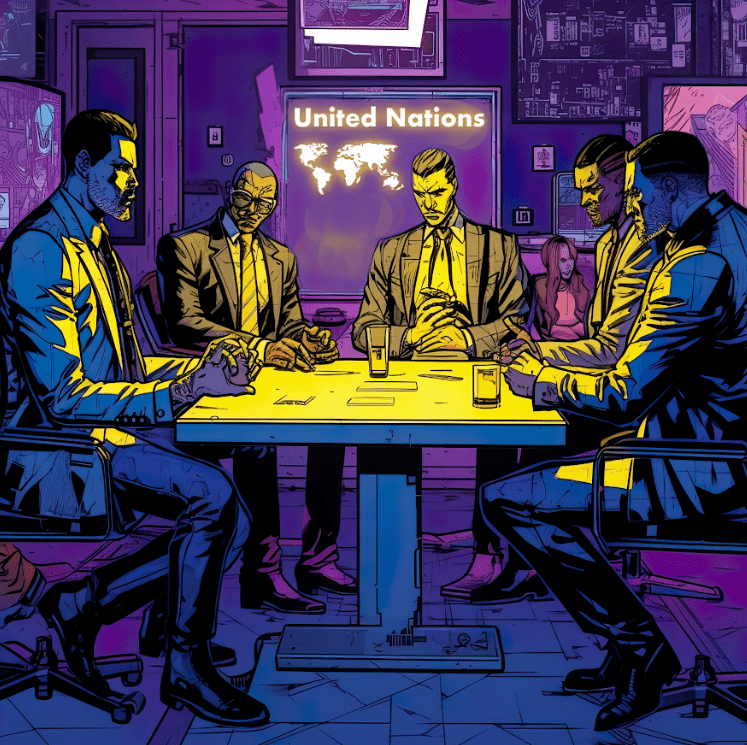- Ukraine Police Bust Fraud Scheme - October 15, 2023
- Saudi Man Sentenced for X & YouTube - October 15, 2023
- Pro-Russia Hackers Leak Military Data - October 15, 2023
Negotiators from the United Nations are currently discussing a contentious cybercrime treaty that was proposed at the end of last year. The treaty has been criticized by human rights activists for its vague provisions, which could potentially restrict freedom of speech.
This is the fifth session dedicated to negotiations on the treaty, and if adopted, it could have far-reaching effects on criminal legislation around the world. Thomas Lohninger, executive director of the European association Epicenter.works, made this announcement.
New Regulation in Digital World
The proposed UN Treaty on Cybercrime is anticipated to establish fresh global guidelines for legitimate surveillance and legal procedures that can be used to probe and prosecute cybercriminals, if approved. Nonetheless, legal advocates have expressed concern, urging the UN committee to assess the provisions of the treaty and ideally, overhaul it altogether.
According to Article 19, a British human rights organization, the draft’s definition of “cybercrime” merges with data protection and privacy concerns, blurring the lines that have been purposely established at national and regional levels.
Based on Katitza Rodriguez`s words, the director of global privacy policy at the Electronic Frontier Foundation (EFF), the current cross-border cooperation in cybercrime is based on the Budapest Convention that was signed in 2001 by member states of the Council of Europe.
The vagueness of the treaty’s provisions is reported to be a significant issue. In her report, Rodriguez specifically pointed out certain provisions related to international cooperation that could lead to the exchange of significant amounts of data between states instead of facilitating cybercrime investigations.
Other Concerns
Rodriguez also flagged other concerns, such as the provision allowing law enforcement agencies of UN member states to investigate actions not considered crimes in their own country, and the section on “special investigation methods,” which could enable the use of any form of surveillance against potential criminals, regardless of legality in their own country.
The treaty has been criticized by human rights groups and privacy advocates for its vague language and potential for misuse.
Barbara Bukovska, Senior Director for Law and Policy at Article 19, warns that the treaty’s ambiguous language could result in unfair prosecution for cybercrime solely based on dissenting opinions or indirect connections to the accused’s use of digital technology, ultimately restricting freedom of expression.
Other human rights activists share similar concerns, indicating that the treaty may not be adopted as it stands.

